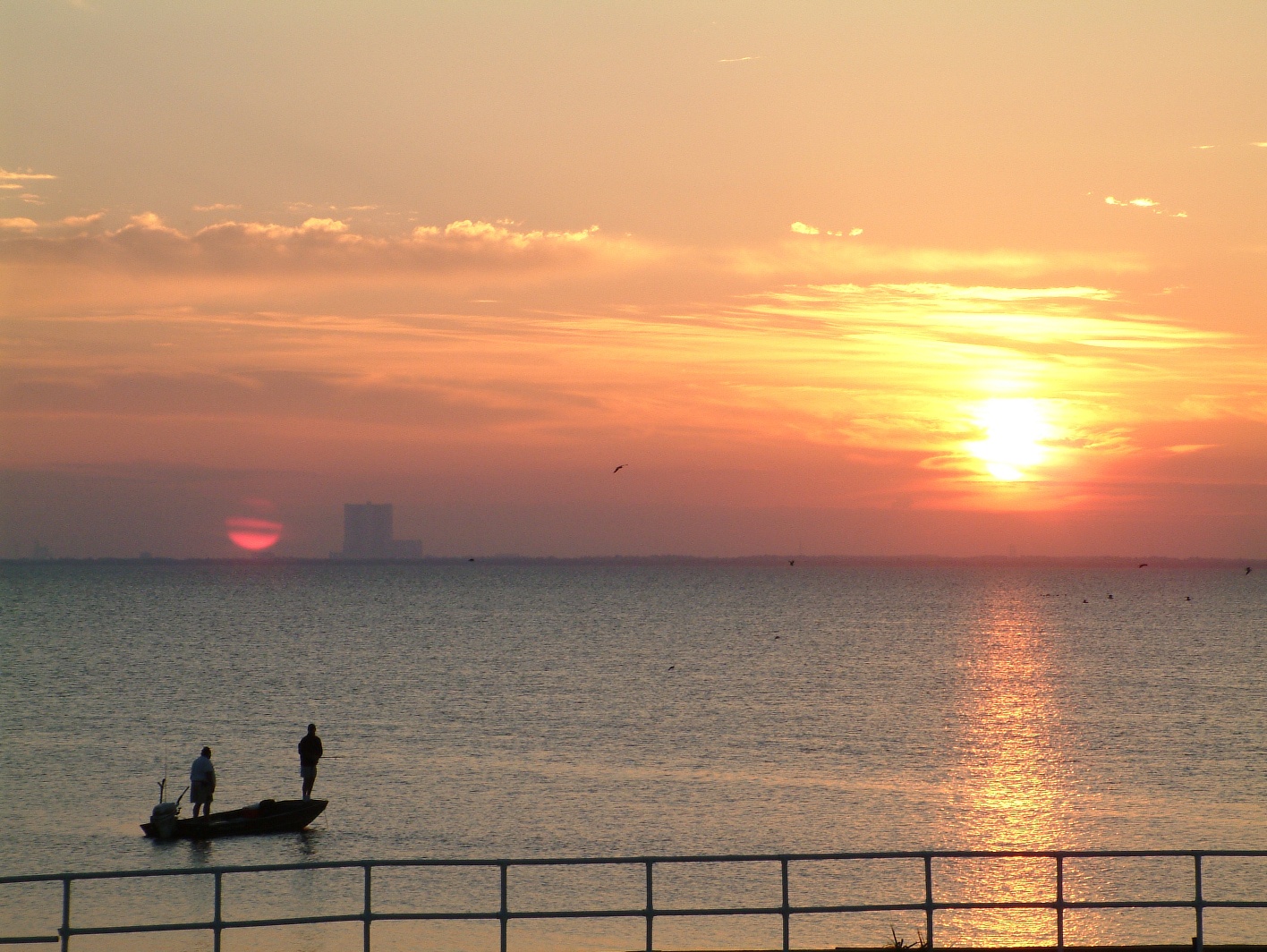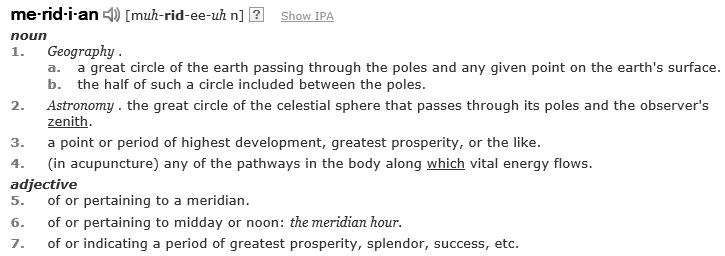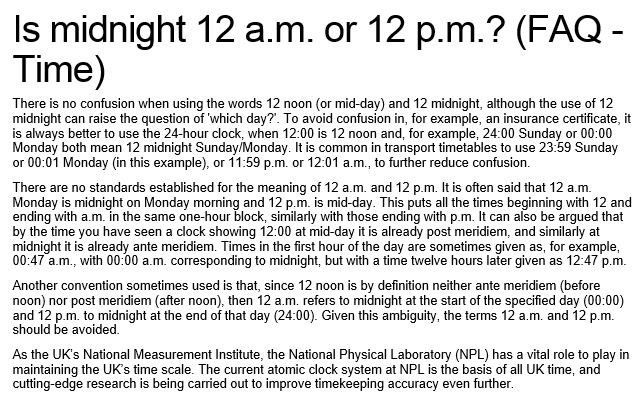I don’t like change. I particularly don’t like changing the clocks. Some of my distaste for this biannual event is that it means I have to walk around my house adjusting various time displays and I also have to find the instructions for the cooker because I can never remember how to change the time on it. Why does my cooker need a clock? I also don’t like the day being asymmetric for around six months of the year. Finally, more daylight in the evening means more glare on my television [I need to buy some curtains but haven’t for ten years and so the likelihood of me getting around to it is quite low].
For around six months of the year we change the clocks so that we are in British Summer Time, what our American cousins would call Daylight Saving. I find this bizarre. I like how our clocks are aligned during the winter. When it is midday the sun is at its highest point in the sky and also due south. This makes an amazing amount of sense. I am aware that local midday is different across the UK and it depends how far east or west you are from the meridian but as a general measure it works well.
What I don’t like is the notion of midday during British Summer Time. The sun is not at its highest in the sky and won’t be for about an hour (depending on where you are). There is apparently an economic argument for having more daylight time later in the evening but I have yet to be convinced that it makes any difference. The “farmers need the light” argument is quite pathetic. Farmers would just get up earlier. I am not aware of any good reason to perform this ritual mess up of my routines.
Let me explain a couple of things.
The definition of noon is, first and formost, MIDDAY.
The definition of midday is the MIDDLE of the day. If our clocks say 12pm [12:00] then this should be the middle part of the day. If the sun is yet to rise to its highest point and we have more daylight hours after 12:00 than we had before the 12:00 BST is NOT midday. AM and PM both contain M which stands for meridian.
So, meridian refers to midday which refers to the middle of the day which, to me, is quite clearly the middle of the day when the sun is at its highest.
I could almost accept us changing to be in line with other European countries as we trade and work closely with them but unfortunately they are also wrong. France is either GMT+1 or GMT+2 and given that Paris lies on the meridian they clearly have no idea about how time works.
By the way, the National Physical Laboratory recommends the use of the 24 hour clock. I think I tend to use the 24 hour clock on this site more than I do am and pm. Apparently there is no convention to indicate whether midday is am or pm. I had thought that this was solved and that midday is pm but amazingly not.
If the NPL are telling us something we should listen.
I am quite aware that my bad feeling towards BST is mostly to do with my interpretation of the definitions and that other people might decide to define midday as the point when our clocks are halfway through the day rather than use the sun to define the halves of the day.
Just so you are aware the international time standard is UTC.
Although UTC is synonymous with GMT and for all intents and purposes the same it is no longer a recognised standard. UTC is maintained by the scientific community and GMT is not. I used UTC as the time indicator on my tattoos.




